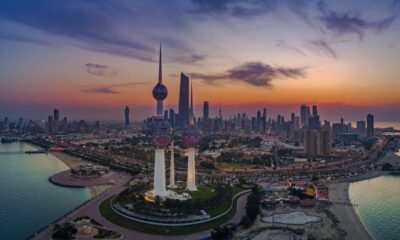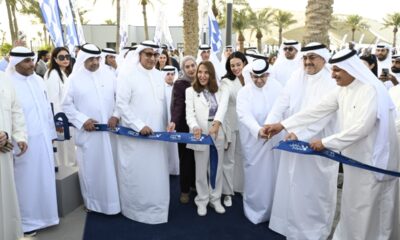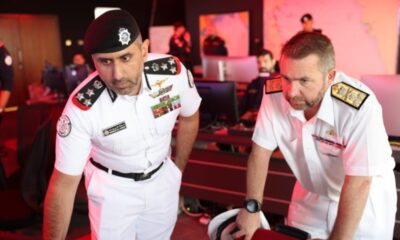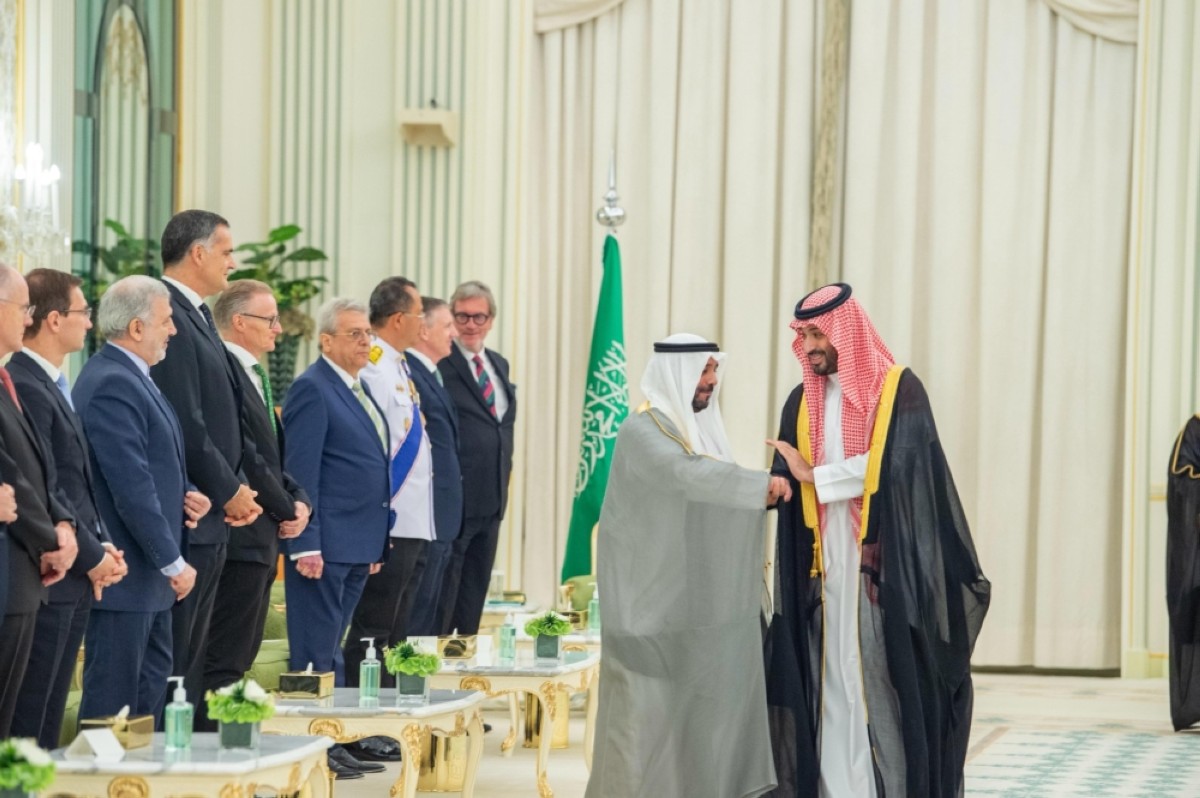KUWAIT: Sara had a lot to look forward to in the final stretch of her senior year. Soon, she would walk the stage she had dreamed of since first grade, with her family and friends cheering for her. For many students like Sara, preparing for graduation goes beyond studying for those crucial finals — it’s also about the celebration afterwards. The excitement of choosing an outfit and planning how to mark the occasion is just as important as the academic achievement.
But a recent ministry of education decision banning schools from holding graduation ceremonies outside school grounds has shattered Sara’s dream, and that of many of her peers. In late April, Education Minister Jalal Al-Tabtabaei issued a directive requiring all graduation ceremonies and school events to be held on campus, specifically in school auditoriums. The ministry has not publicly explained the reasoning behind the decision.
The announcement came just weeks before the school year ends. “The decision was very last minute and it had us all shocked,” said Sara, a Kuwaiti graduating senior. “We’ve been waiting since we were young for this celebration so we could feel appreciated for all the work that we put into school. Now it won’t be the same.”
‘Auditoriums are rundown’
Wearing a cap and gown to mark years of hard work is a meaningful milestone anywhere in the world. But in Kuwait, graduation has become more than a simple school ceremony. In recent years, it has evolved into a lavish celebration, often held in five-star hotel ballrooms or exclusive event halls. Some ceremonies feature extravagant setups — red carpets, indoor fireworks and massive stage displays — far beyond what most school auditoriums can accommodate.
As soon as exams conclude and certificates are handed out, a race begins to book prestigious venues — spaces once reserved for weddings and major public events. These celebrations are now planned with budgets that rival those for Eid or even wedding seasons.
Laura, an expat mother whose daughter is set to graduate next year, said the decision to ban off-campus ceremonies has taken away some of that joy. “For the students, I would think, if you work so hard sitting in those walls all day long, you don’t want to celebrate your graduation at the same place. You don’t want it to feel like recess,” she said.
While the decision calls for holding the event at school auditoriums, critics say it doesn’t address the fact that the facilities are often poorly maintained. “The problem is that school auditoriums are rundown — they need funding and time to be renovated. At our school, the last graduating class to hold their ceremony on campus was before the invasion,” said Abdullah, a high school student, referring to Iraq’s invasion of Kuwait 34 years ago.
The ban is especially disappointing for Mariam, Sara’s mother, who had hoped to share her daughter’s big day with extended family — including siblings and grandparents.
When schools host events on campus, attendance is typically limited to just two guests, usually the parents. External venues, by contrast, can accommodate hundreds, allowing families to invite more loved ones — though that often comes at a steep cost. Some parents told Kuwait Times they’ve paid up to KD 50 per guest. Many schools also offer sit-down dinners and professional photography, turning the occasion into a full-scale celebration. “Graduation parties held outside are better organized and just nicer overall,” said Amina, a parent. “Money shouldn’t be the issue when it comes to celebrating your kids — especially high school grads.”
‘Why go that far?’
Yet over the years, many parents and observers have criticized these lavish ceremonies. Costs can climb into the hundreds or even thousands of Kuwaiti dinars per student. Families often feel pressured to keep up, and students from less affluent households may end up feeling excluded. “Of course it’s a celebration of a lifetime but it’s not right to strain your pocket for a party,” said Noura, a mother of three and a grandmother. “It’s a huge chunk of money that’s better spent elsewhere, especially if a family has two or three kids.”
Laura acknowledges the financial burden, but said she believes the recent ban leaves families with no real alternatives. “I think there are more affordable ways to do it — it doesn’t have to be at a five-star hotel,” she said. She added that expectations are tied to the school’s demographic. “It depends on the kind of school you go to,” Laura said. “If the fees are, say, six or seven thousand dinars a year, then most families can afford a more elaborate celebration. But if you’re at a school that charges KD 500 or 600 a year, the expectations shift — you work around what your parent community can afford.”
Noura said the expenses go beyond the ticket price. “The young girls who spend tons of money on getting their hair and makeup done at a salon, as if going to a wedding — why go that far?” she said. “A nice dress under your gown and your cap is enough to make you beautiful like a rose.”
Still, some parents are trying to stay hopeful. “At the moment, I’m kind of hoping they change their minds,” said Laura. “We still have one year left. But if not, then I’ll probably just arrange something small — maybe a dinner at a nice restaurant with some of her friends, our own little celebration.”
Note: Kuwait Times has changed the names of people in this article to protect their identity.


 Business20 hours ago
Business20 hours ago
 Politics13 hours ago
Politics13 hours ago
 Latest News18 hours ago
Latest News18 hours ago
 Latest News20 hours ago
Latest News20 hours ago
 Latest News11 hours ago
Latest News11 hours ago
 Politics10 hours ago
Politics10 hours ago
 Politics11 hours ago
Politics11 hours ago
 Latest News10 hours ago
Latest News10 hours ago





















